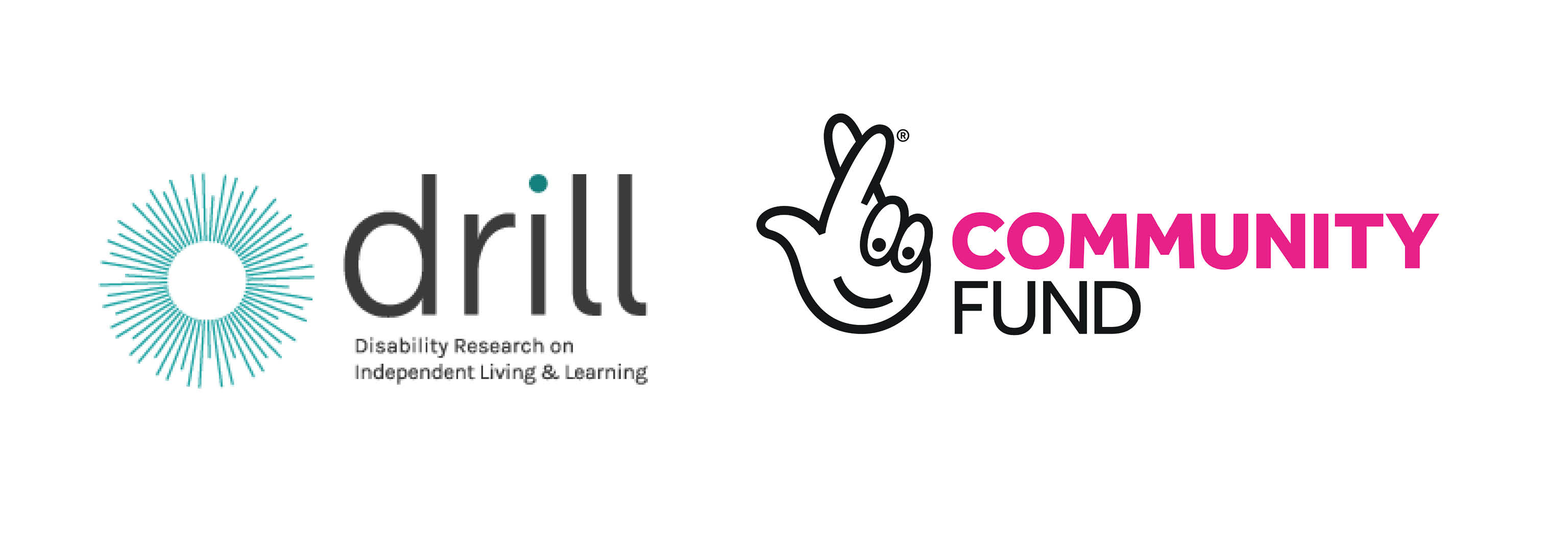ALLFIE’s research project: the story so far
Armineh Soorenian fills us in on what she’s found out about school accessibility plans in the first stages.
11th January 2019
I am a Disabled researcher with experience of both special and mainstream education, within and outside the UK. After acquiring impairments due to a head injury, I was forced to leave mainstream high school because of various accessibility issues such as being expected to climb two sets of stairs to my classroom and to read from the blackboard. No adjustments were made for me as a Disabled teenager with mobility, visual and other impairments. As a result I was eventually forced into home education, but this was not successful – I missed my friends and being part of the school community, which had a lasting effect on my mental health.
I was overjoyed when an opportunity came up to re-start my education at the Royal National College for the Blind (RNCB) in Hereford, England. Although leaving my family and moving to a new country at 19 was not easy, I was hopeful that the college would give me a new chance to learn and grow. As with most special education schools/colleges, the RNCB proved to be socially protective and restrictive – but it did give me the academic confidence to move on to complete a BA, MA and PhD in two mainstream UK universities.
Having experience of being excluded from mainstream school– and living with the damaging effects it has had on me to this day – I was delighted when an opportunity arose to work with ALLFIE, researching the effectiveness of school Accessibility Plans.
Anecdotal evidence suggests schools are rarely meeting their duty to have an Accessibility Plan, and where they are it is often just a paper exercise with no action plan for reviewing progress. It is unclear whether families are even aware of Accessibility Plans at their children’s schools. Only 18% of the local authorities we contacted provided information to us about plans in their area.
I am looking at the gap between theory and practice by talking to parents, professionals and young people on the ground about their experiences of Accessibility Plans. Because many parents have found it difficult to attend focus groups, I have set up an online questionnaire for them and another for professionals. These have had a high response rate so far and we hope for more – please do take the survey if you are a parent or an education professional.
In my focus groups with professionals so far, the participants have been very frank about their experiences of working in schools and local authorities. One participant talked about cuts to SEND support services in their area and how this has resulted in some schools not wanting Disabled children in their school, “because they don’t feel they get the appropriate funding to deal with them properly and effectively”. The same participant explained how their local authority does not even have an Access Officer any more. Similar to other localities, the role of Access Officer has been abolished due to cuts in funding, with detrimental results for Disabled children’s education.
In my individual interviews, parents of Disabled children have explained how schools’ exclusionary practices have been traumatic for their whole families. One parent described how their son was mistreated at school, despite the headteacher promising the parent that the child would not experience any repercussions for missing homework or not doing it well enough. The detention “broke him completely, because he couldn’t trust us, because I’d promised him everything had been sorted”. This had a damaging effect, leading to the child being unable to return to school. According to his parent, he completely shut down, staying in his room, and then he “wouldn’t go out of the house for months and months at all”. Ironically, the family chose the school because it had been held out as an inclusive school. Yet, some teachers were driven to bring up standards with little consideration of children’s diverse needs and possible impairments.
Lack of trust was also reflected in Disabled young people’s points of view. A focus group participant had not received support with their reading in college for two years due to miscommunication and staff changing. As a result of the mistrust, the young person had developed skills to survive on their own. They talked about times where they used this self-reliance to benefit their peers and expressed their frustration about lack of commitment and support from college staff.
Stories like this of Disabled young people’s hopelessness in the system and parents battling for their children’s right to education motivate me to delve deep and make a real difference through this project. Over the coming months, I will continue running focus groups and interviews. The data collected through this field work and through online questionnaires will then be compared with local authorities’ responses to my FOI requests. All this will help to produce a report outlining findings and recommendations for solutions to any gaps that emerge between what should be happening – according to the Equality Act and international legal requirements and recommendations – and what is currently happening in the delivery of Accessibility Plans in English secondary schools.
We hope to contribute to Accessibility Plans’ potential to work as a driver for the development of inclusive education practice. We also hope to improve the implementation of plans, to foster a change in attitudes and aspirations. This can then lead to greater confidence in, and demand for, inclusive education and training – which in turn, I sincerely hope, will increase opportunities for independent living and inclusion in mainstream society.
Armineh Soorenian

![Allfie [logo]](https://www.allfie.org.uk/wp-content/themes/allfie-base-theme/assets/img/allfie-logo-original.svg)




Discussion
There are no comments so far.